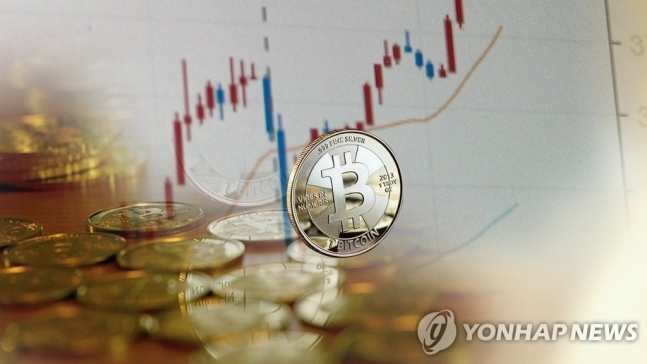Max Katzenberg had to lay off his 60 employees within hours. “It’s a disaster”, blurted out this owner of two trendy Brooklyn restaurants, Olmsted and Maison Yaki, at tables usually reserved several weeks in advance. But he had no other choice, the closures being imposed by the measures of “social distancing” in an attempt to stem the spread of Covid-19. New York restaurants can remain open at a minimum for take-out, but Katzenberg has waived this: “We would have kept 10% of our teams, endangering their health, all this to generate very modest income: it made no sense.” In New York, unemployment benefits are a maximum of $ 504 per week, below the state minimum wage, and are paid for up to six months according to certain criteria. “It doesn’t even cover rent. This is done to push you to find a job as quickly as possible, which is totally impossible in the current situation where everything is at a standstill ”, regrets the restaurateur, who sighs: “The United States has it all wrong in the way it treats workers.”
“Hurricane”
New York City has set up programs to support small businesses affected by the fight against the coronavirus (compensation, zero-interest loans, etc.). But none were suited to Max Katzenberg’s establishments. Like many restaurateurs, club or bar owners in the city, he had to turn to the generosity of customers, creating a GoFundMe crowdfunding page for his ex-employees. “For the moment, we do not see anything coming from the city or the State to help us, but we understand that the priority is the health emergency”, he notes. The situation is particularly critical in New York, which has become the epicenter of the epidemic in the United States, with 15,600 cases identified in the city and 192 deaths.
In a matter of days, tens of thousands of New Yorkers were laid off, from employees of airports, hotels and shops to artists at the Metropolitan Opera. To the point of repeatedly crashing the website servers to register for unemployment. Thursday, according to the Labor Department, he received 532,000 visits. As state governor Andrew Cuomo announced the shutdown of “non-essential” businesses on Friday, the dedicated phone service received 475,000 calls, up from the usual 10,000. According to Treasury Secretary Steven Mnuchin, the US unemployment rate could climb to 20% (it was 3.6% in January). The President of the Federal Reserve of Saint-Louis evokes the figure of 30%.
“We close like everyone else, explains Kareem, owner of a home appliance store in Greenpoint, north Brooklyn. It’s like before a hurricane, except that it is in the whole world and that we have no visibility on the rest. ” The stationery opposite remains open – it also serves as a UPS relay. The discussion begins between the manager and a customer who has come to pick up a package: “I am a freelance in events, which means that I no longer have a job.” The 15 employees at Yung Sook’s nail salon, paid by the hour, were sent home. The owner says she is “Not worried about [sa] health but for the economy ”. Yung Sook has yet “The habit of catastrophes” : she opened her first business in Manhattan “Two weeks before the start of the 2008 financial crisis”.
“Precarious”
Local associations are trying as best they can to overcome the gaping flaws in the American system. “Apart from the real problems of contamination, people from all walks of life are suffering from the current crisis, insists Dana Rachlin, founder of NYC Together, an integration organization in the underprivileged neighborhood of Brownsville. But for populations already marginalized and precarious, it will be even harder. ” LaToya Meaders, who runs a community canteen in the same neighborhood, has seen newcomers lining up for free meals in recent days. “This crisis is unprecedented, she worries. As they say, we hope for the best but we prepare for the worst. And I think we haven’t seen anything yet. ”
– .

